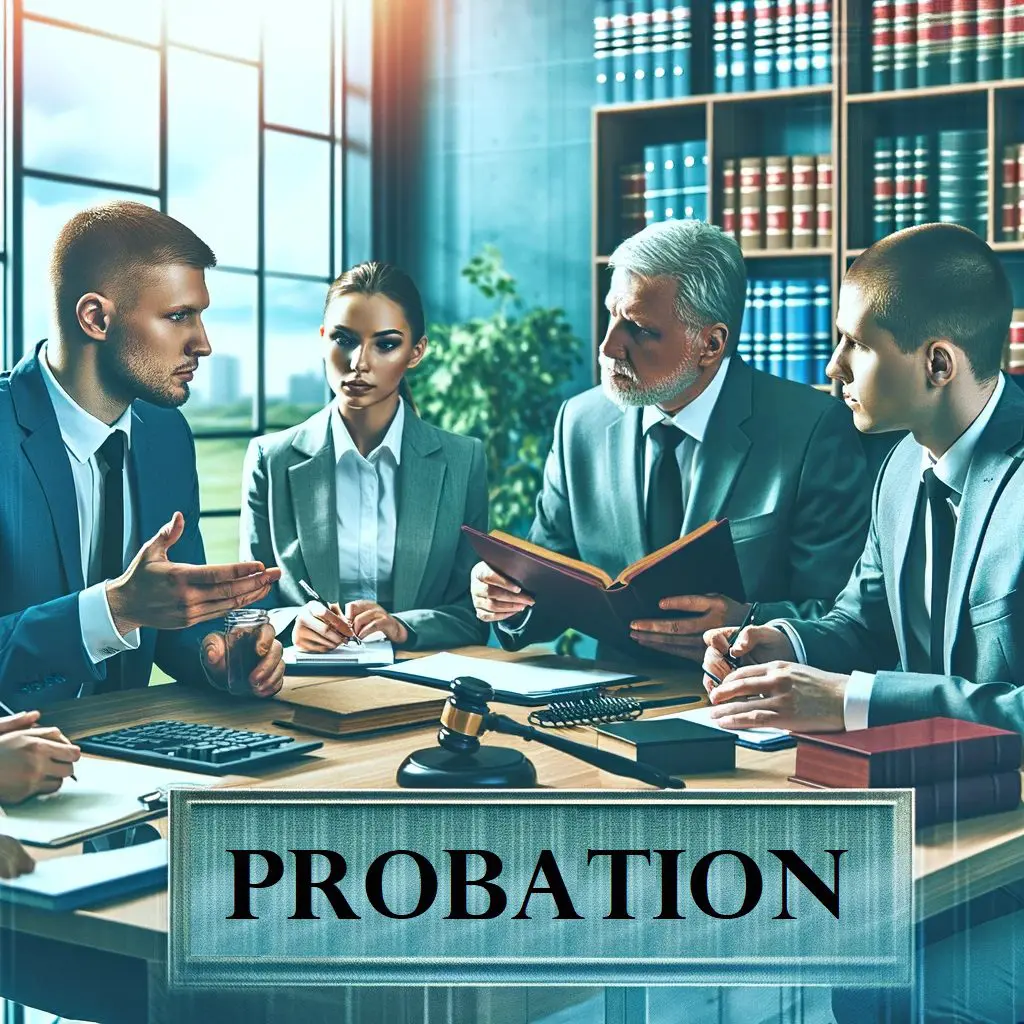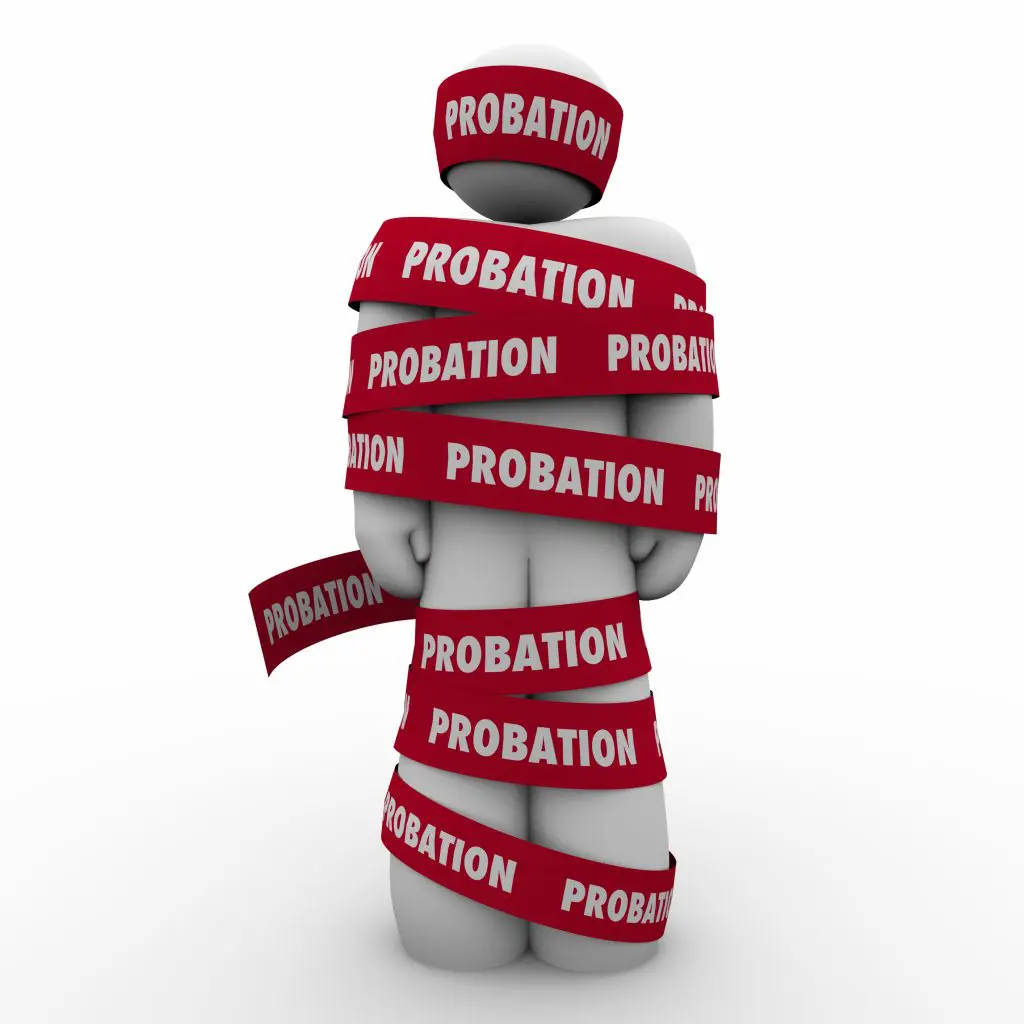Probation
Probation Compliance and Legal Guidelines: An Essential Overview
Probation represents a critical aspect of the criminal justice system, offering an alternative to incarceration for some offenders. This article provides an in-depth look at the legal dimensions of probation, focusing on the responsibilities it entails and the importance of compliance.
Probation allows individuals convicted of a crime to serve their sentence outside of prison under specific conditions set by a court. These conditions often include regular check-ins with a probation officer, adherence to laws, and sometimes restrictions like curfew or travel limits.
The legal foundation of probation is grounded in the principle of rehabilitation. It aims to provide offenders with the opportunity to integrate into society while under supervision, reducing the likelihood of recidivism.
One of the primary legal challenges for individuals on probation is understanding and adhering to the specific terms set by the court. Violating these terms can result in severe consequences, including the possibility of being sent to prison to serve the original sentence.
Probation also comes with certain rights, such as the right to legal representation during probation hearings and the right to be informed of all conditions in understandable terms. Understanding these rights is essential for ensuring fair treatment under the law.
Legal advocacy plays a significant role in the probation process. Lawyers and legal advisors provide guidance to individuals on probation, helping them navigate the complexities of their conditions and advocating for their rights.
In conclusion, probation is a vital component of the legal system, offering a path for rehabilitation and reintegration. Adhering to probation terms is crucial, and understanding the legal implications is essential for successful completion.
Moreover, probation often involves various support systems, including counseling, substance abuse programs, and employment assistance. These resources are designed to aid individuals in meeting their probation conditions and in their personal development.
The role of probation officers is integral to the probation system. They monitor compliance, offer guidance, and can be instrumental in decisions regarding probation violations or adjustments to conditions.
Legal changes and reforms in probation laws are ongoing, reflecting evolving views on criminal justice and rehabilitation. Staying informed about these changes is crucial for legal professionals and those under probation.
Lastly, the societal impact of probation is significant. It offers a cost-effective alternative to incarceration and focuses on rehabilitation rather than punishment, contributing to the overall health of communities.
In summary, probation encompasses a range of legal, ethical, and social considerations. Compliance, understanding of legal obligations, and utilization of available support systems are key to navigating probation successfully.
Home » video » Other Legal Issues » Probation
When an individual finds themselves facing a probation violation, the consequences can be severe and far-reaching....
When an individual is on probation or parole, their Fourth Amendment rights are limited, and they...
When faced with an unexpected arrest, understanding the process of securing emergency bail bonds can be...
SPEAK FOR YOURSELF AND HELP YOURSELF: By Andrew Dósa – Criminal Defense Attorney in Alameda County...
by the late Mark Sullivan, Board Certified Criminal Defense Attorney, Palm Springs, California. Originally printed in...





